- Nigeria will save about $7.32bn in foreign exchange when NNPC begins selling crude oil to Dangote and other refineries in naira
- The development follows a directive by President Bola Tinubu to NNPC to initiate crude oil sales to Dangote and other refineries in local currency
- The FIRS Chairman, Zack Adedeji, disclosed that AFREXIM Bank will facilitate the transactions
Legit.ng’s Pascal Oparada has reported on tech, energy, stocks, investment and the economy for over a decade.
Following President Bola Tinubu's directives to the Nigerian National Petroleum Company Limited (NNPC) to sell crude oil to local refineries, including the Dangote Refinery in naira, Nigeria is poised to save N$7.32 billion annually.
Legit.ng earlier reported that Tinubu ordered the NNPC to immediately engage with local refineries, including the Dangote Refinery, to supply crude oil and conduct the transactions in naira.
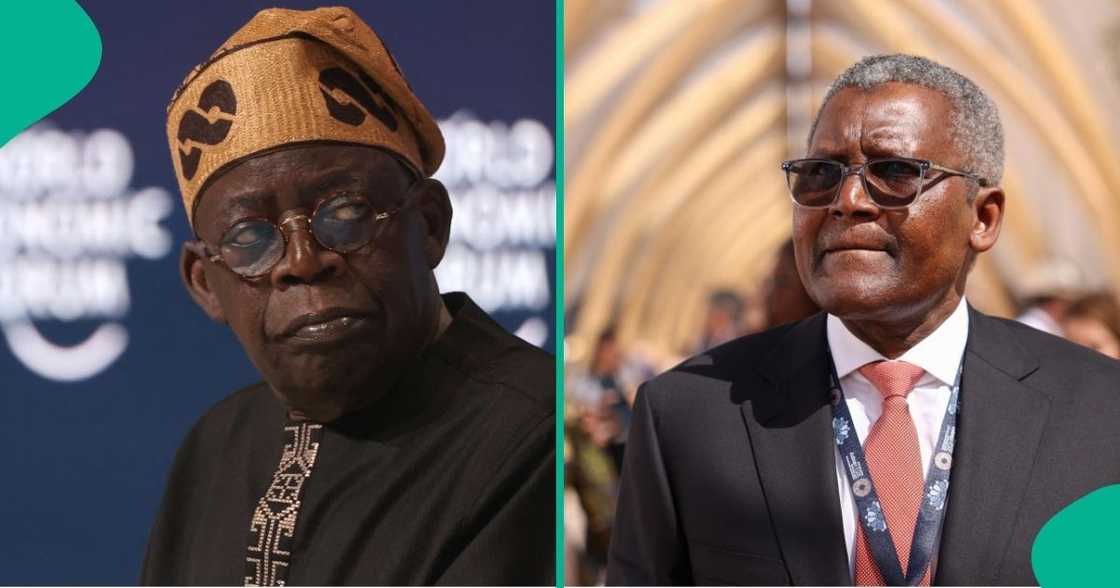
Source: Getty Images
The move cut Nigeria’s FX expenditure
The President made the directive after the Federal Executive Council (FEC) meeting.
Analysts believe the move would reduce Nigeria’s reliance on foreign exchange for crude imports, which accounts for 30 to 40% of the country’s FX expenditure.
The plan is also expected to include selling the 650,000 bpd-capacity refinery refined product in naira.
"Everyone is aware that the move is a good one ab initio," Adeola Yusuf, energy policy analyst and journalist told Legit.ng."The NNPC and other agencies were playing games with Dangote and other domestic refineries and the President's intervention was timely especially as the majority of Nigerians sided with local refineries."Now, the refineries should reciprocate the gesture by selling petrol and other petroleum products in the local currency, instead of at international market rates," he said.According to reports, Zach Adedeji, the Special Adviser to the President and Chairman of the Federal Inland Revenue Service (FIRS), stated that conducting transactions in naira is expected to ease the government’s foreign exchange burden and result in annual savings of about $7.3 billion.
AFREXIM Bank to facilitate transactions
The FIRS boss highlighted that the policy would stabilize the domestic crude oil prices by easing the effects of FX fluctuations.
He said the new plan is designed to reduce the pressure on Nigeria’s FX reserves by cutting monthly FX spending on petroleum products from $600 million to $50 million.
Reports say the government appointed AFREXIM Bank as the facilitating bank for the transactions.
Adedeji said:
“Today, at the Federal Executive Council, a memo from Mr. President emphasized promoting crude oil sales to local refineries and transactions with the NNPC in our local currency.”He commended President Tinubu’s approach to addressing Nigeria’s economic challenges with locally driven solutions.
Adedeji applauded Benedict Oramah, the President of AFREXIM Bank, for facilitating the initiative and collaborating with the Central Bank of Nigeria (CBN), the NNPC, and the Ministry of Finance.
Dangote Refinery blames NNPC for crude shortage
The Dangote refinery has been in a long-drawn feud with the NNPC, the Nigerian Midstream and Downstream Petroleum Regulatory Authority (NMDPRA) over crude oil supply and product quality from the refinery.
The Dangote Refinery management said the NNPC supplies it with limited crude oil, leading to the facility importing crude from Brazil and the US.
The NMDPRA chief executive officer, Farouk Ahmed, disclosed that the Dangote and other refineries in Nigeria produce inferior petroleum products laced with high sulphur.
Marketers speak on Petrol prices from Dangote Refinery
Legit.ng previously reported that oil marketers have disclosed that they cannot solely purchase petrol from the Dangote Refinery when it begins to sell the product to Nigerians.
The oil marketers disclosed that they will sell the product at the prevailing pump prices at petrol stations in Nigeria unless the Nigerian National Petroleum Company Limited (NNPC) intervenes.
Aliko Dangote, president of the Dangote Group, had said that the refinery would commence selling petrol in August after resolving crude oil supply challenges with the help of NNPC and the Nigerian government.
Source: Legit.ng

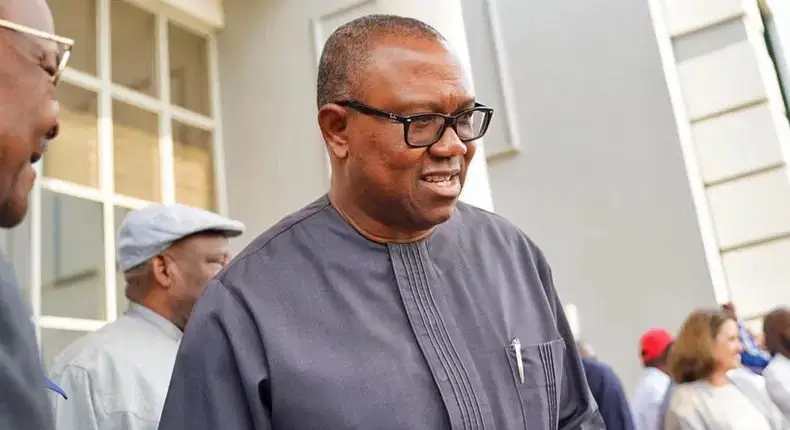


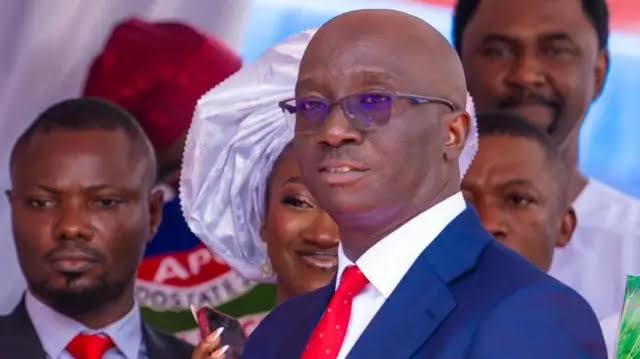

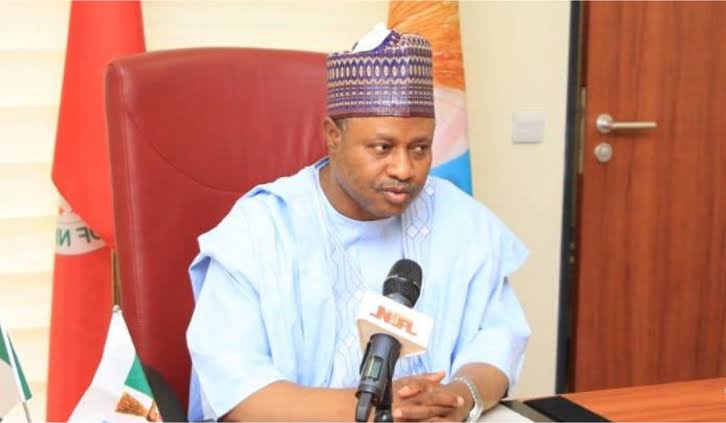






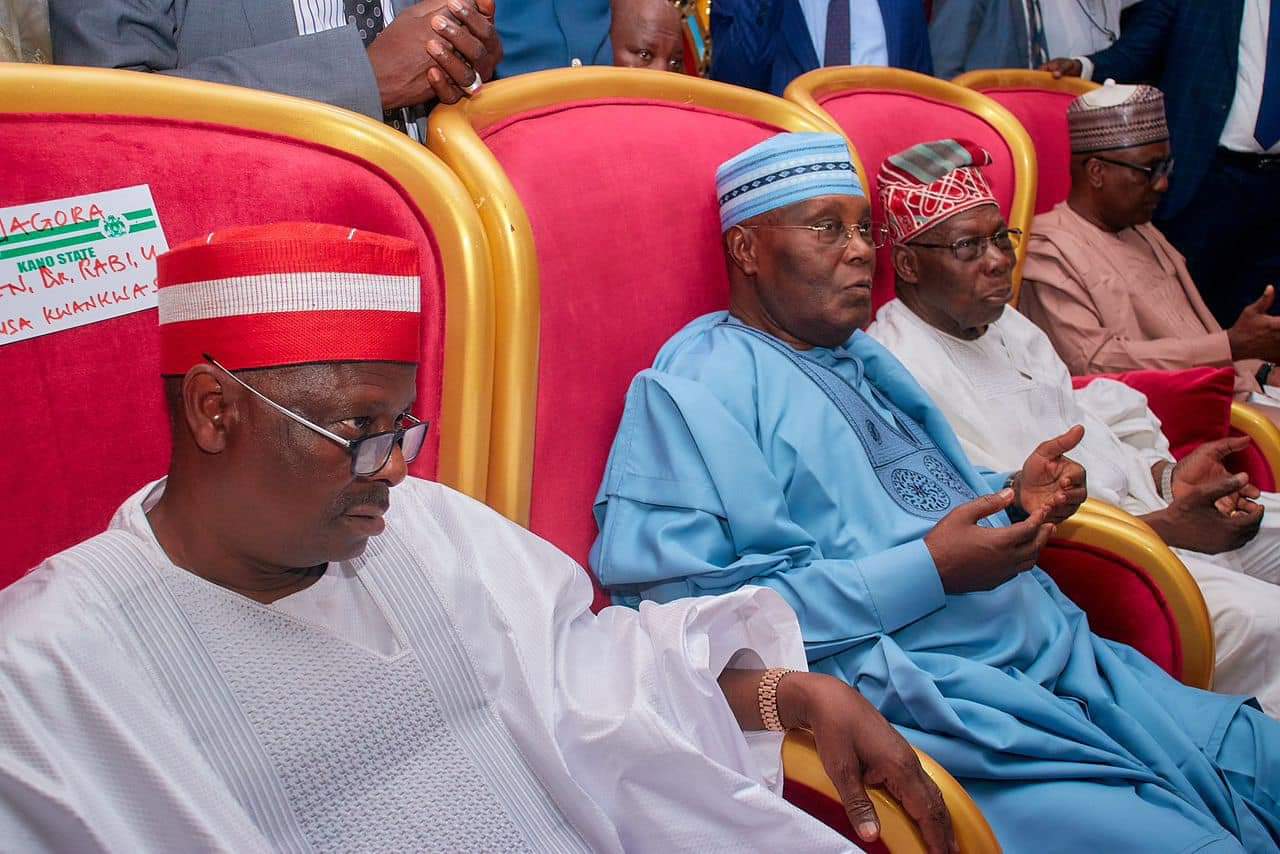


 English (US) ·
English (US) ·